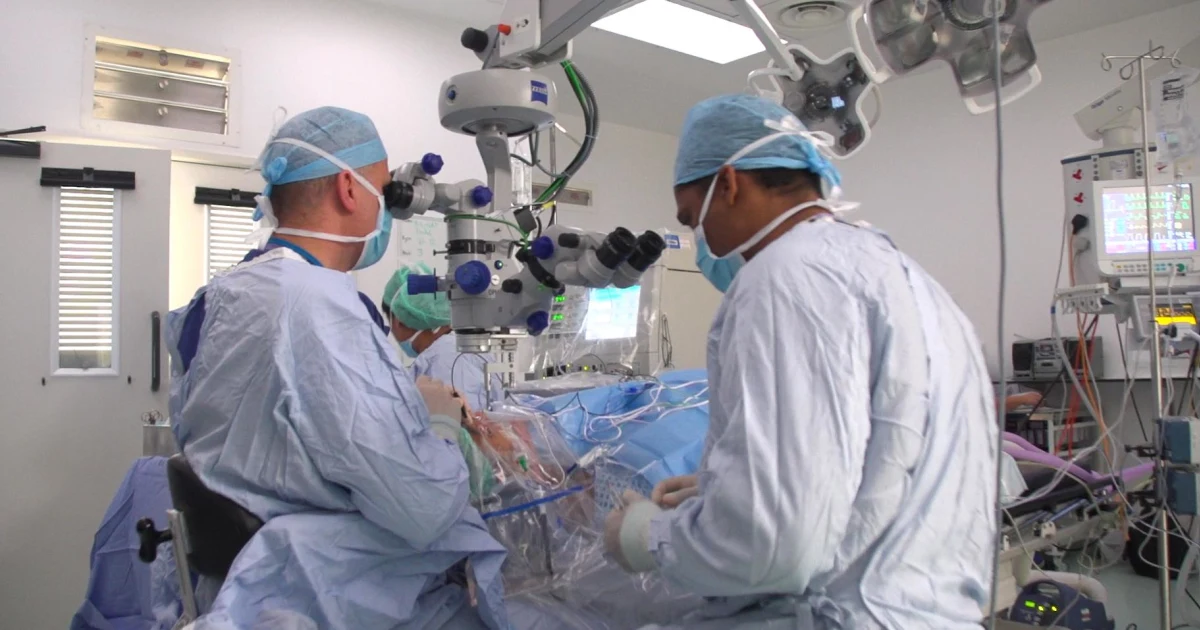Imagine living your life seeing the world through a tiny hole, like peering through a straw. That was Olivia Cook’s reality. Dimly lit places were particularly challenging – she could barely make out people’s silhouettes, let alone their faces.
But then, something remarkable happened. Olivia, a college student at Missouri State University, took part in a groundbreaking clinical trial. Born with an inherited retinal disorder, she opted for an experimental gene-editing treatment using CRISPR, a revolutionary tool in genetics.
And the results were astonishing. After surgery on her left eye, Olivia’s vision improved. She could now see better in dim lighting, something she couldn’t do before.
This trial, detailed in the New England Journal of Medicine, involved 14 participants, including Olivia. They all had inherited retinal degeneration, a leading cause of blindness globally. The gene-editing tool CRISPR showed promising results, with most patients experiencing improved vision three months after treatment.
Olivia’s “aha moment” came months after surgery when she noticed a candle flickering behind her – something she’d never seen before. It was a glimpse of a world she’d been missing out on.
But it’s not a perfect solution. While many saw improvements, complete vision restoration didn’t happen for everyone. Still, small victories emerged – like being able to see cell phone screens light up or appreciate vibrant sunsets.
Dr. Eric Pierce, the study’s lead author, hailed the trial’s success. This was the first time CRISPR was used in living human eyes, marking a significant milestone in medical history.
Despite the breakthrough, challenges remain. CRISPR isn’t a cure-all, as Michael Kalberer, another trial participant, emphasized. It slowed his vision loss but didn’t eradicate his condition entirely.
As researchers ponder the next steps, they’re cautiously optimistic. They hope to conduct larger trials and eventually seek FDA approval for the therapy. But questions linger about long-term effects and broader applicability.
For now, the trial’s success serves as a beacon of hope for patients like Olivia and Michael. It’s a reminder that even incremental improvements in quality of life can be life-changing.
As we navigate the complexities of genetic therapies, one thing remains clear: this breakthrough brings us one step closer to a future where blindness isn’t always inevitable. And for Olivia and others, that’s a ray of hope worth cherishing.















































